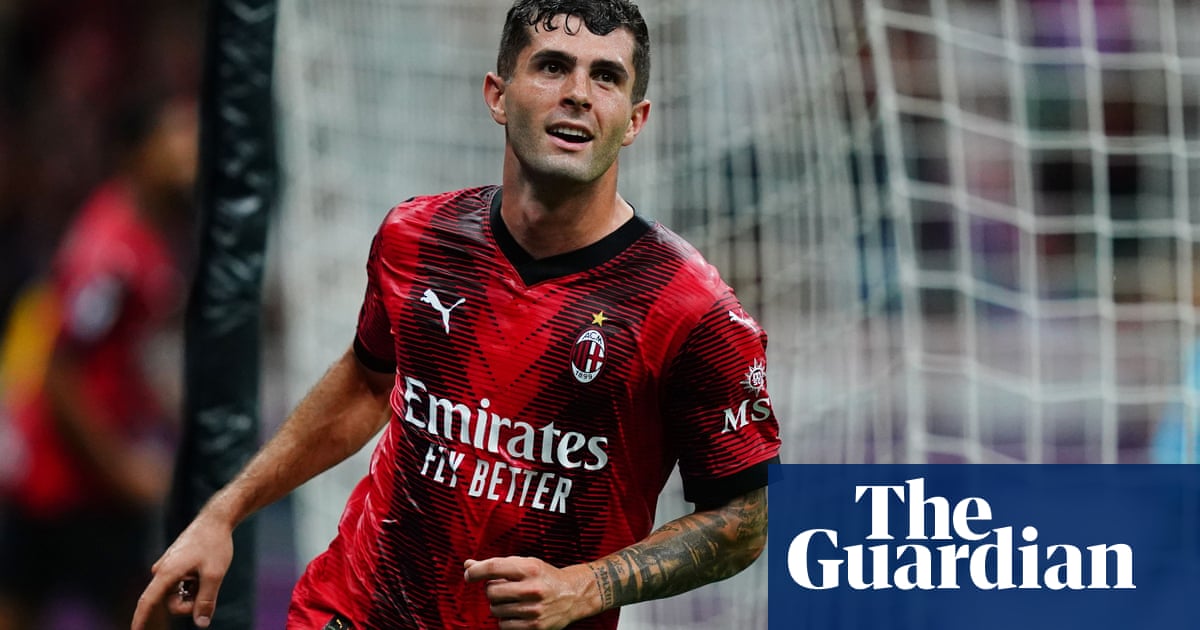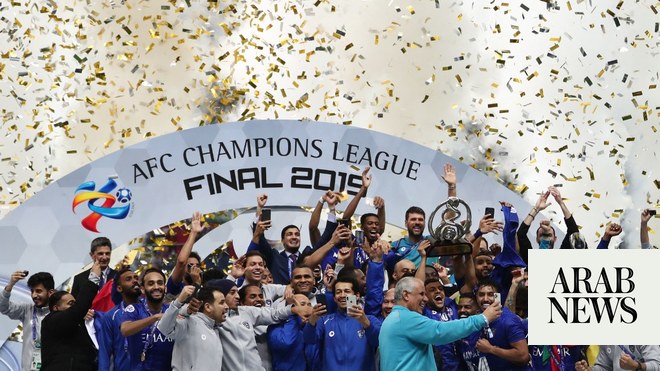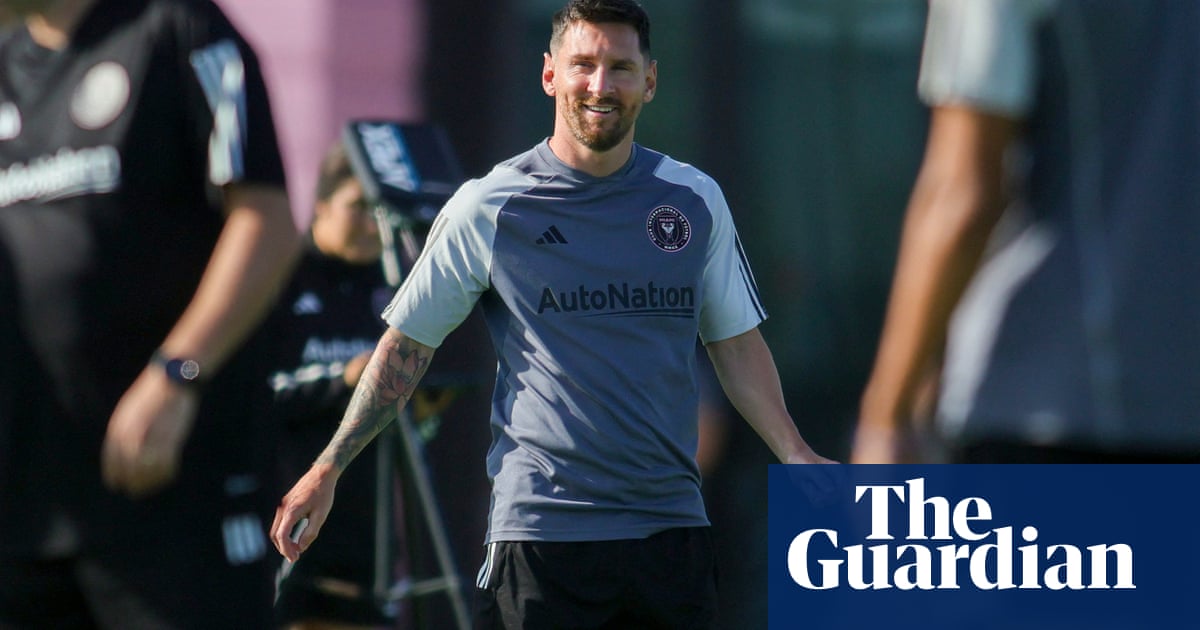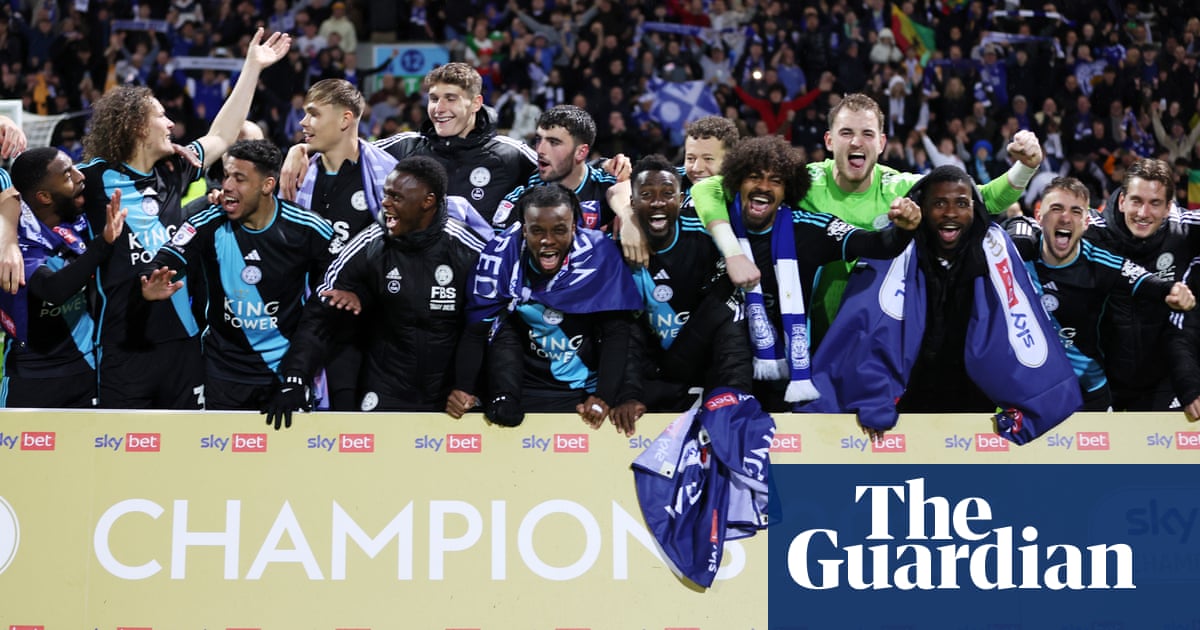
Christian Pulisic is not the first Captain America to play in Serie A. Michael Bradley earned the same nickname when he joined Chievo in 2011 and set to stealing scenes with heroic last-gasp interventions. It stuck when he moved on to Roma, where teammates borrowed an airplane captain’s hat to crown him after a winning goal against Udinese. Never mind that one commentator thought the midfielder looked more like Lex Luthor.
Bradley was the fourth American ever to play in the Italian top flight, and only the second since the end of the second world war. The fifth was Weston McKennie, who joined Juventus in 2020. Oguchi Onyewu signed for Milan, but never made a league appearance – his time there remembered instead for a training ground brawl with Zlatan Ibrahimović.
Only recently has the trickle turned into a flood. Ten Americans have played in Serie A since the start of this decade and four have roles this season at two of Italy’s most successful clubs. Pulisic joined Milan from Chelsea in July and was followed soon after by Yunus Musah from Valencia. Juventus signed Timothy Weah from Lille, giving McKennie a potential ally the next time he tries to persuade Italian colleagues of the merits of ranch dressing.
It is Pulisic, though, who has dominated headlines in Italy over the past few weeks. He scored in the 21st minute of his Serie A debut, beating Bologna’s Lukasz Skorupski with a brilliant finish from outside the box. Even before that, he had helped to set up Milan’s first goal, picking out Tijjani Reijnders with a back post cross that the Dutchman redirected into the path of Olivier Giroud.
That game finished 2-0 to the Rossoneri, a solid away result at a stadium where they drew back in March. Their home opener went even better, Pulisic scoring first as Milan thrashed Torino 4-1.
In an interview with ESPN shortly after he signed, the player had spoken about going to San Siro with Chelsea, remembering the atmosphere as “absolutely electric” and saying: “It might be the best place in the world when there’s a big game.” This was hardly one of those: an early-season fixture against opponents who finished 10th last season, yet there were still more than 72,000 fans present. A large portion of those were singing his name before full-time.
On social media, supporters were hard at work coming up with better chants. Journalists, too, were dazzled by Pulisic’s fast start. “He comes from Hershey, famous for the best chocolate in America,” noted the Gazzetta dello Sport after Milan’s win over Bologna. “Yesterday, CP was pure sweetness too.”
Corriere dello Sport named Pulisic as “the real top signing” of a summer in which Milan spent more than €100m to reinforce their midfield and attack. The Sky Italia reporter and commentator Federico Zancan described him as an “indisputable talent”. Arrigo Sacchi … well, Arrigo Sacchi said Pulisic still needs to work on his defending, but the former Milan manager says that about everyone.
Where Bradley earned his Captain America nickname in Italy, Pulisic arrived with it already attached. Still, the national press embraced that too, Gazzetta mocking him up as the Marvel character for a front-page image before his signing had even been made official.
Such buzz around the player is a boon for Milan and Serie A. The league has been working to expand its reach across the Atlantic, opening an office in New York last year and agreeing a strategic partnership with the entertainment agency Roc Nation this summer aimed at “increasing awareness for the Serie A brand in the United States”.
New revenue sources are needed for Italian clubs to keep up with their neighbours. Serie A’s existing TV rights deals were estimated by Uefa to be worth €1.13bn ($1.2bn) a season in the Club Licensing Benchmarking Report published this February. That looks a paltry figure next to English Premier League’s €3.94bn, but also trails Spain’s La Liga (€2.03bn) and Germany’s Bundesliga (€1.25bn).
Negotiating an improved package with domestic broadcasters is the most immediate priority, with existing deals set to expire at the end of this season, but international expansion is also essential for the long-term health of the league. The fact that five Serie A clubs are now majority-owned by North American investors – Milan, Roma, Fiorentina, Genoa and Bologna – further strengthens the case for expansion Stateside.
None of which is to suggest that Pulisic was signed primarily as a marketing tool. Milan’s manager, Stefano Pioli, has been asking the club for players with exactly Pulisic’s profile: penetrating dribblers and off-the-ball runners to give his teams different options for breaking down a packed defence.
Above all, the Rossoneri have been crying out for some balance – attacking threats to deploy on the right so opponents cannot focus all their energies at smothering Rafael Leão on the left. Milan won the Serie A title in 2022 with a fast-break style that leaned heavily on the Portuguese winger’s combinations with Théo Hernandez down that flank. Last season, they almost missed the top four altogether, becoming too predictable in their angles of assault.
Pulisic often played on the left before joining Milan, but Pioli has used him on the opposite wing so far, reshaping his team from a 4-2-3-1 into a 4-3-3. When the American failed to score in Milan’s third game this season, a 2-1 win away to Roma, Leão found the net instead.
Asked last week about Pulisic’s fast start, Pioli replied: “He’s a footballer. When I say it like that, what I mean is that he’s one of those who knows to do the right thing in the right moment. Having someone like that makes everything simpler. He can play in different roles.”
That he also happens to be an ideal candidate to raise the profiles of Milan and Serie A in the States can be viewed as a happy accident. Milan also signed Samuel Chukwueze this summer – another 24-year-old winger with a similar playing profile and acquired for roughly the same €20m fee. If Pulisic is starting ahead of him, contrary to what many pundits predicted, it is because he has impressed the manager more.
These are early days. Pulisic made a bright start at Chelsea four years ago, only for injuries and endless coaching changes to drag him off course. Yet the marriage between Milan and Pulisic feels promising because each has need of the other.
He gives the club help at a position of need as well as a marketing boost in the exact location that Serie A is most eager to target. In return, they have given him one of football’s grandest stages. A stadium, San Siro, that is nicknamed La Scala del Calcio – football’s answer to the famous La Scala opera house.
Pulisic is not the first Captain America. How many before him, though, have played regularly to a theatre filled with more than 70,000 fans?












